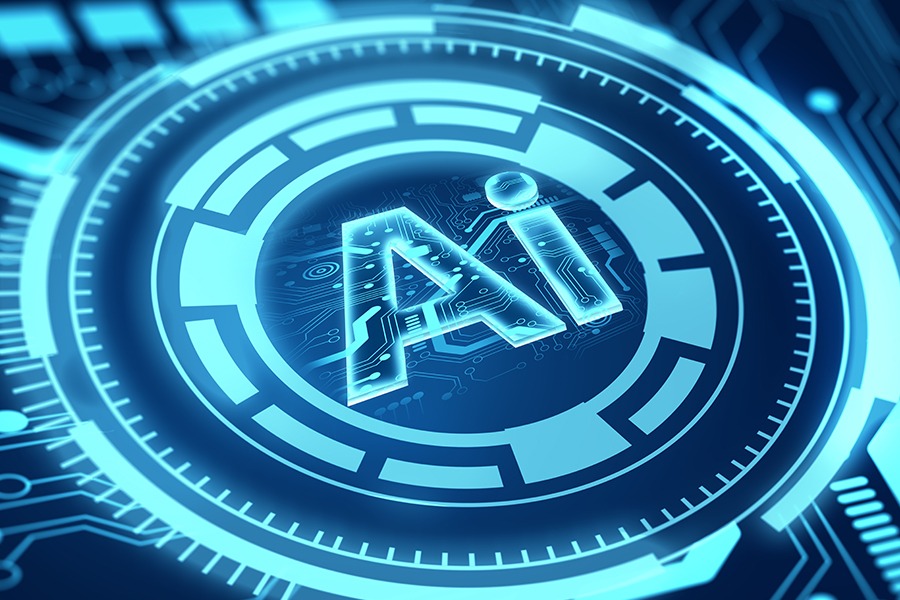New built-in Klaudia agent simplifies and accelerates root-cause analysis of issues in large enterprise environments
Komodor, the company that automates Kubernetes management, today announced Klaudia, the first Generative AI (GenAI) agent for troubleshooting and remediating operational issues, as well as optimizing Kubernetes environments. Integrated within the Komodor Kubernetes Management Platform, Klaudia simplifies and accelerates root-cause analysis, empowering both platform and application teams with precise diagnostics to resolve issues with unprecedented speed and precision.
“The integration of our Klaudia GenAI agent makes even the most complex problems easier to resolve with lightning-fast root cause identification and clear, step-by-step remediation instructions. It also improves over time by using and learning from Komodor’s comprehensive and continuously updated pool of Kubernetes research findings.”
On September 25 at 1pm Eastern US Time, Komodor will host a free webinar titled GenAI Meets Kubernetes: The Role of GenAI in Overcoming K8s Complexity. To register visit this link.
According to Gartner, “Infrastructure and Operations (I&O) teams commonly struggle to manage Kubernetes (K8s) clusters at scale due to the talent shortage — especially on heterogeneous scenarios (multicluster, hybrid, edge, etc.) or supporting multiple downstream teams. Besides inherent Kubernetes complexities, K8s teams must cope with the increase in the average number of clusters per organization from a few to dozens. As the cluster count grows and spans, the stack becomes more complex and diverse across different infrastructures (cloud, on-premises and edge). This negatively impacts practitioners’ ability to maintain the clusters and demands more attention from I&O teams.”
AI-Driven Kubernetes Troubleshooting
To identify the root cause of issues in Kubernetes and provide meaningful context and guidance, Klaudia combines Machine Learning models with Komodor’s comprehensive dataset of past investigation flows, historical changes, events and metrics, as well as real-time data. This enables Klaudia to serve as a site reliability engineer and autonomously investigate issues until it is satisfied it has the right solution. This co-pilot capability can elevate non-experts to troubleshoot issues in large, complex Kubernetes enterprise stacks, while accelerating Mean Time to Remediate for experts.
Also Read: Cloud and AI: Data management and data protection are primary pain points for CIOs and CISOs
Seamlessly integrated within Komodor’s existing inspection flow, Klaudia offers the following capabilities to enhance operational efficiency and bridge expertise gaps:
- Detection: Automatically detects Kubernetes anomalies, reducing the time spent identifying issues and allowing teams to focus on resolution.
- Impact Analysis: Analyzes the impact of detected issues across Kubernetes environments, to prioritize the most critical issues.
- Rapid Root Cause Analysis: When a failure is detected, Klaudia automatically performs root cause analysis as well as configuration and dependencies checks to isolate the source of the issue and provide evidence for its conclusions.
- Context-Aware Remediation: Provides tailored troubleshooting suggestions based on the specific context of each issue that enable experts and non-experts to make the final decision on remediation actions.
- User-Friendly Explanations: Simplifies complex Kubernetes concepts, making them accessible to users of all expertise levels.
“Komodor already delivers the most comprehensive capabilities for eliminating manual investigations when troubleshooting Kubernetes issues,” said Itiel Shwartz, Co-Founder & CTO of Komodor. “The integration of our Klaudia GenAI agent makes even the most complex problems easier to resolve with lightning-fast root cause identification and clear, step-by-step remediation instructions. It also improves over time by using and learning from Komodor’s comprehensive and continuously updated pool of Kubernetes research findings.”
Data Privacy and Security
To ensure the highest levels of customer data privacy, Klaudia is built on the AWS Bedrock machine learning platform and Claude 3.5 Sonnet, one of the most secure and compliance-aware GenAI models available. No customer data processed through AWS Bedrock is used to train public AI models. In addition, Komodor implements strict data isolation measures to securely segregate customer data.
Availability
The Komodor Kubernetes Management Platform with the Klaudia GenAI Agent is available immediately from Komodor and its business partners worldwide. It is designed for seamless activation within the Komodor platform for immediate access to AI-driven insights and recommendations when investigating pod-related issues.
[1] Gartner, Streamline Kubernetes Automation With Infrastructure Platform Engineering, Lucas Albuquerque, 9 August 2024
GARTNER is a registered trademark and service mark of Gartner, Inc. and/or its affiliates in the U.S. and internationally and is used herein with permission. All rights reserved.
Also Read: Implementing a Digital Adoption Platform in Your Organization? This can help!
[To share your insights with us as part of editorial or sponsored content, please write to psen@itechseries.com]



